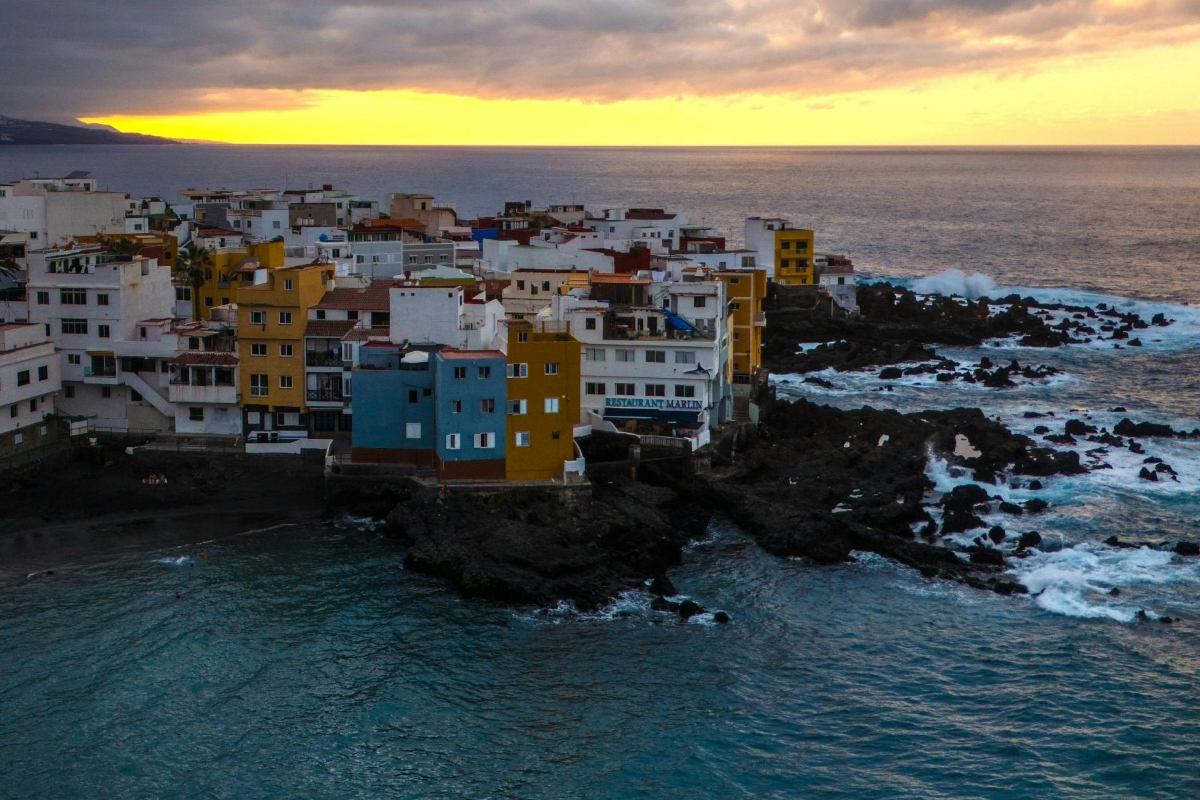Residents of the Canary Islands are protesting the surging tide of tourists flocking to their shores. The Canary Islands, a Spanish archipelago located off the coast of northwestern Africa, has long been a favored destination for vacationers. However, this popularity has come at a cost, prompting activists and locals to say, “Enough is enough.”
A Paradise at Breaking Point
The Canary Islands’ escalating tourism problem has reached a critical point, with locals pushed to the brink. The islands have seen unprecedented visitors in recent years. According to Euronews, in 2023 alone, the archipelago welcomed a record-breaking 14.1 million foreign visitors. This surge in tourism has put a strain on the islands’ infrastructure. This over-tourism has also led to significant environmental degradation.
Moreover, water supplies, waste management, and biodiversity are all under massive pressure. Plus, local activists claim that the constant construction of new hotels and holiday villas is eating away at the islands’ resources and increasing housing prices. These developments are making it increasingly difficult for residents to afford living in their communities.
The Final Straw
To draw attention to their plight, a group known as Canarias Se Agota (Canaries Sold Out) called for a 24-hour hunger strike. This drastic measure is a protest against the construction of two new hotel developments in Tenerife. These constructions symbolize the broader issue of overtourism plaguing the islands. The hunger strike is part of a more significant movement that has seen hundreds of locals participate in demonstrations and form human chains at construction sites. The message is clear: the Canary Islands have a limit, and it has been reached.
“We have nothing against individual tourists, but the industry is growing and growing and using up so many resources, and the island cannot cope,” said protest organizer Ivan Cerdena Molina, speaking to Euronews. “Airbnb and Booking.com are like a cancer that is consuming the island bit by bit,” he added. According to Molina, he and his partner have difficulty paying the €800/month rent, even in a more affordable area of Santa Cruz, out of their shared €900 income.





